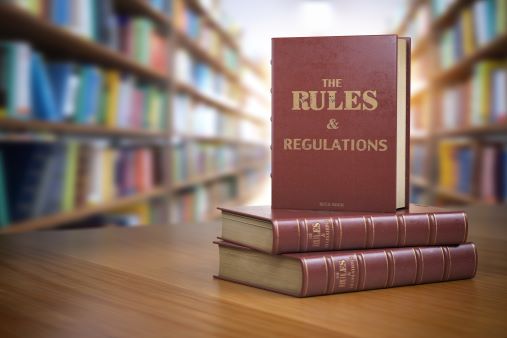At first glance, a recent decision from the Eastern District of Pennsylvania appears to throw cold water on the generally accepted rule that an employer who waits too long to enforce its right to arbitrate employment disputes waives that right. The case, Serine v. Marshall, Dennehy, Warner & Goggin, et al., involved an employee who sued her former employer – a law firm – in federal court and the firm waited more than nine months before seeking to pursue arbitration. The law firm did not have any special privileges. Of course, this type of delay ordinarily would have dealt a death-blow to arbitration. But, the key point from this case is that the circumstances were not ordinary. Unlike a typical employee-vs.-employer case, this matter involved not only the defendant-employer but also another defendant. Significantly, the arbitration agreement was between the law firm and the employee, but there was not an arbitration agreement with the other defendant. As a result, the law firm spent months trying to dismiss the third, non-arbitrable party. After the federal court finally dismissed that third-party, the employer promptly sought to arbitrate the claims brought against it. In the court’s view, waiting until the non-arbitrable defendant was dismissed was a plausible and justifiable reason for the delay in seeking arbitration. Added to that, the court observed that the defendant had not engaged in any other conduct in court that would indicate it intended to waive its rights – such as seeking discovery. Employers reviewing this case should not come away with the notion that they can sit idly on their hands before pursuing arbitration. Nor should they assume that just because there is another, non-arbitrable, defendant in a case that they can delay. Another court may not be so forgiving as the one in Pennsylvania. Consequently, even in a situation where there is a non-arbitrable defendant, an employer still should affirmatively and promptly assert its arbitration rights as soon as the case is filed. How those rights are asserted can vary depending on the circumstances and employers should get with counsel to walk them through their options. However, any delay in asserting arbitration rights is dangerous, and the better practice is to always assert the right sooner rather than later.

Federal Court Allows Arbitration After Employer’s Nine-Month Delay
Subscribe
Do you want to receive more valuable insights directly in your inbox? Visit our subscription center and let us know what you're interested in learning more about.
View Subscription Center












